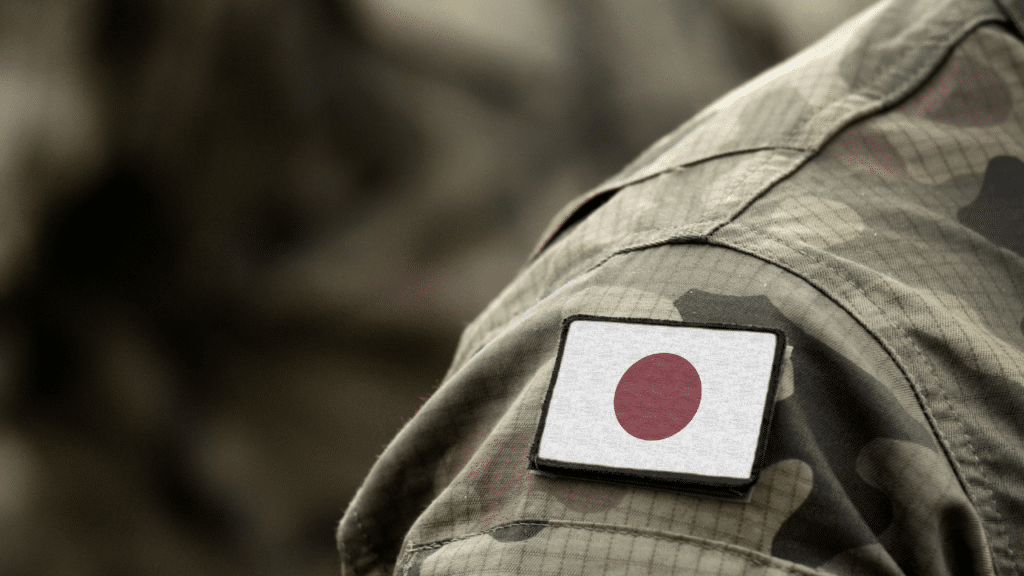Around 16 miles east of Brookings, Oregon, stands a remarkable coastal redwood tree, planted in 1992 by Nobuo Fujita, a Japanese pilot who had once bombed that area 50 years earlier.
Fujita holds the unique distinction of being the only foreign pilot to have ever bombed the U.S. mainland. On September 9, 1942, Fujita piloted a seaplane launched from a Japanese submarine, targeting the woodlands of southern Oregon. Accompanied by his bombs and a treasured 400-year-old samurai sword—a family heirloom he carried on every mission—Fujita aimed to cause devastation in retaliation for the Doolittle Raid's attacks on Japanese cities.
Disappointed that his mission didn't reach significant targets like San Francisco or Los Angeles, Fujita aimed to ignite a forest fire to destroy nearby towns like Brookings. However, the damp Oregon environment thwarted his plans; the incendiary bombs he deployed barely ignited, creating only small fires quickly extinguished by the forest service.
After returning to Japan, Fujita continued to train pilots until the end of World War II, marked by the atomic bombings of Hiroshima and Nagasaki. Despite the historical animosity, the story of reconciliation began less than two decades later.
In 1962, Brookings' Jaycees proposed inviting Fujita and his family to their Azalea Festival as an act of goodwill. This gesture faced significant opposition from locals who felt it was too soon, given the recent wartime memories and the involvement of many townspeople in the conflict. However, the Jaycees were resolute in their mission for reconciliation.
Fearing potential hostility or even violence, Fujita was prepared for the worst but was instead met with a warm reception. During his visit, he presented his samurai sword to the city of Brookings as a gesture of peace. Brenda Jacques, a retired reference librarian, remarked on the profound significance of this act, emphasizing its depth of repentance.
In recognition of his gesture, Fujita was awarded a key to the city and allowed to fly over the former bombing site. His efforts to mend relations did not end there.
Fujita fostered a lasting bond with Brookings and contributed significantly to the community. He donated funds for a multicultural book collection at the local library and organized cultural exchange trips for high school students to Japan.
In 1992, Fujita returned to Brookings to plant the coastal redwood tree as a symbol of “friendship and peace” at the site of his wartime mission. Before he died in 1997, Brookings honored him as an honorary citizen. The following year, his daughter fulfilled his final wish by having a portion of his ashes interred at the bombing site.
Nobuo Fujita's story poignantly reminds us of the capacity for redemption and the power of forgiveness. It illustrates that even adversaries in conflict can become advocates for peace and friendship. Such narratives inspire hope for a future where cultural understanding and goodwill can replace the divisiveness of war.
 Skip to content
Skip to content
